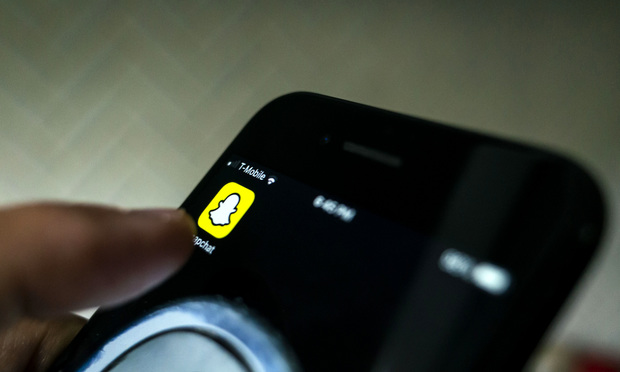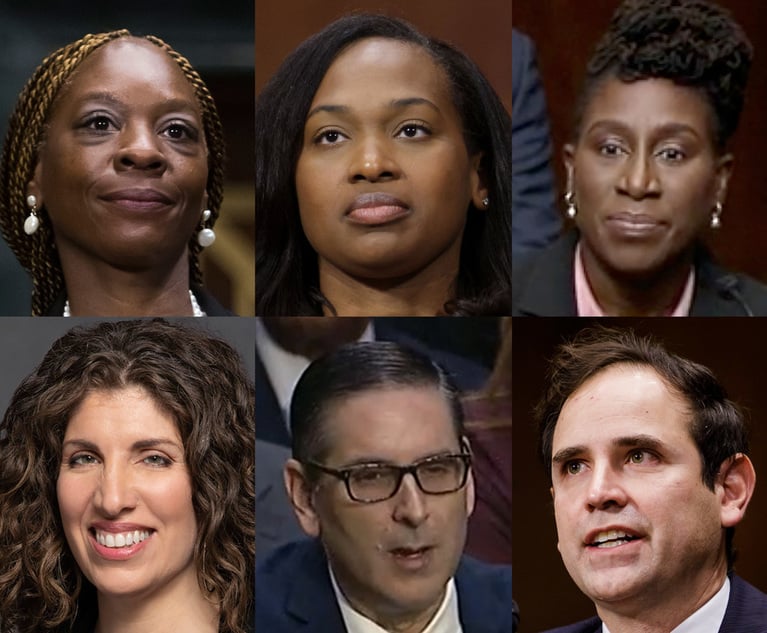A federal appeals court found that Snap Inc. cannot invoke the Communications Decency Act to protect itself from litigation stemming from how users use the Snapchat app’s Speed Filter feature.
The ruling follows another round of proposed reforms for Section 230 of the Communications Decency Act, a provision that immunizes tech companies from liability for user-generated content on their platforms. The statute was also recently rebuked by Supreme Court Justice Clarence Thomas.
This content has been archived. It is available through our partners, LexisNexis® and Bloomberg Law.
To view this content, please continue to their sites.
Not a Lexis Subscriber?
Subscribe Now
Not a Bloomberg Law Subscriber?
Subscribe Now
LexisNexis® and Bloomberg Law are third party online distributors of the broad collection of current and archived versions of ALM's legal news publications. LexisNexis® and Bloomberg Law customers are able to access and use ALM's content, including content from the National Law Journal, The American Lawyer, Legaltech News, The New York Law Journal, and Corporate Counsel, as well as other sources of legal information.
For questions call 1-877-256-2472 or contact us at [email protected]


 Snapchat app. Photo: Diego M. Radzinschi/ALM
Snapchat app. Photo: Diego M. Radzinschi/ALM





